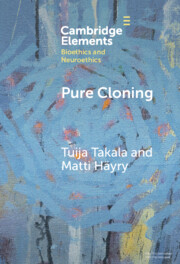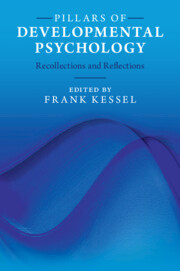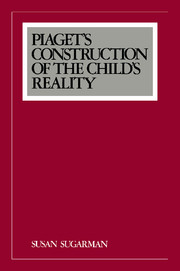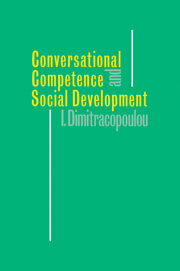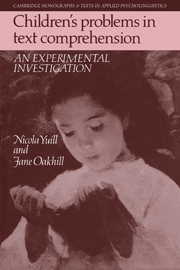Pure Cloning
This Element explores the rationality and morality of the kind of human reproductive cloning that does not involve genetic enhancements or other biological alterations in the individuals produced. The analysis is needed because, sooner or later, the technique will be safe enough to be tested; yet its pros and cons have not been sufficiently investigated. The literature abounds with defenses and criticisms of cloning but these do not distinguish between impure and pure forms, the one allowing the combination of reproduction and amendments, the other not. Therefore, cloning is condemned or condoned on grounds that have more to do with enhancements than the reproductive act. This Element shows how the conceptual landscape changes when the distinction is made visible and the arguments targeted at the production of a new life without the support or burden of the enhancement factor. This title is also available as Open Access on Cambridge Core.
Product details
March 2025Hardback
9781009644457
75 pages
229 × 152 mm
Not yet published - available from March 2025
Table of Contents
- 1. The scope and nature of the inquiry
- 2. Bioutilitarian enthusiasm
- 3. Kantian criticism and endorsement
- 4. Aristotelian doubts
- 5. Principlist pragmatism
- 6. Values beyond utility
- 7. Feminist variation
- 8. Pure cloning as any reproduction
- References.

